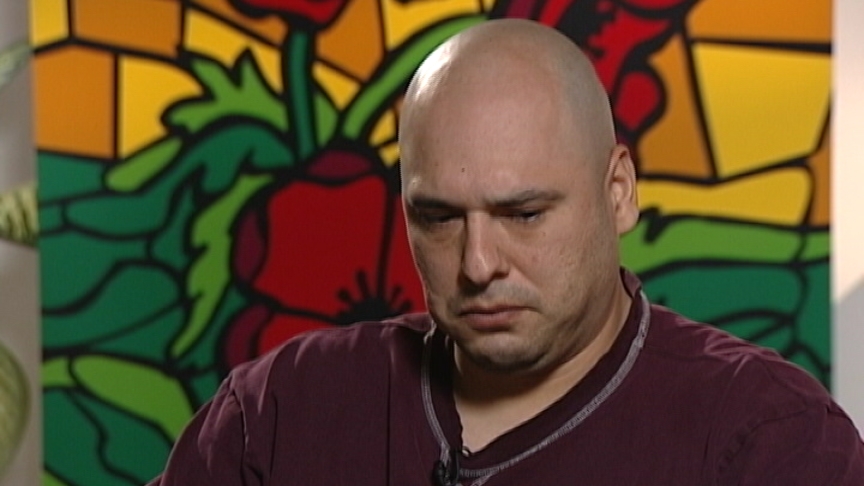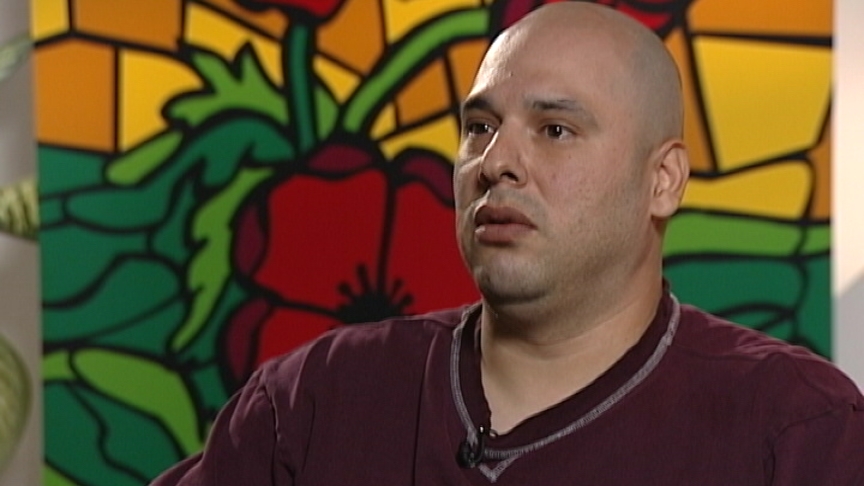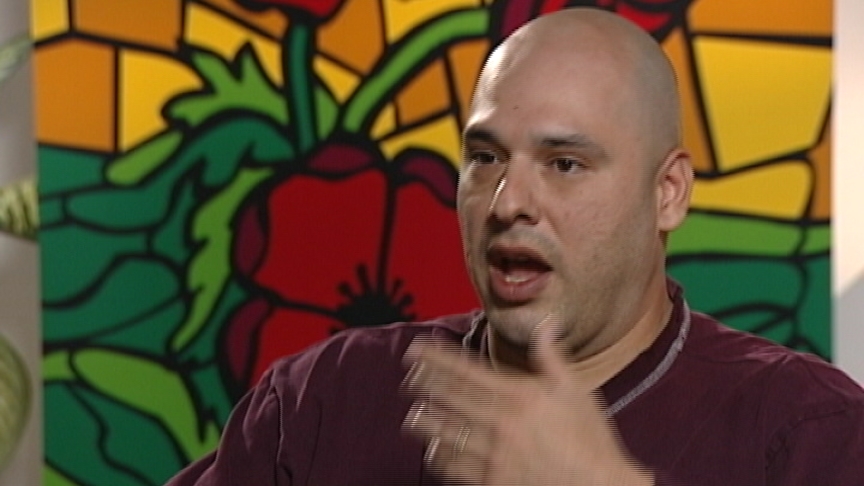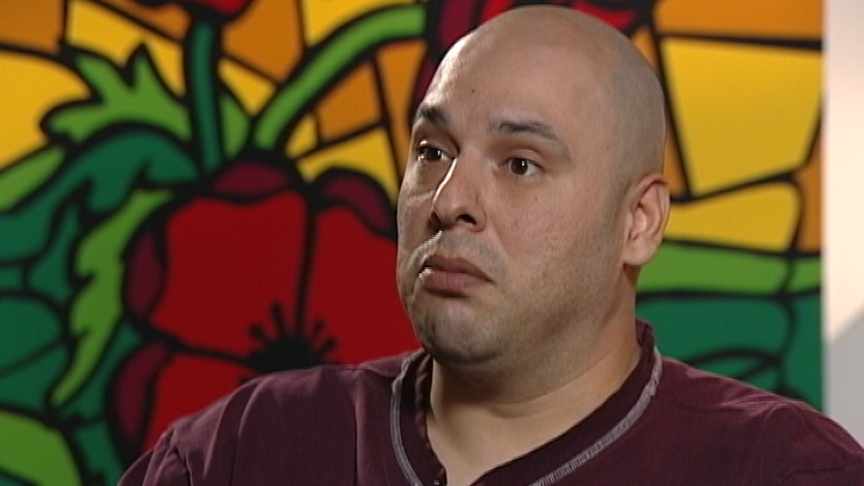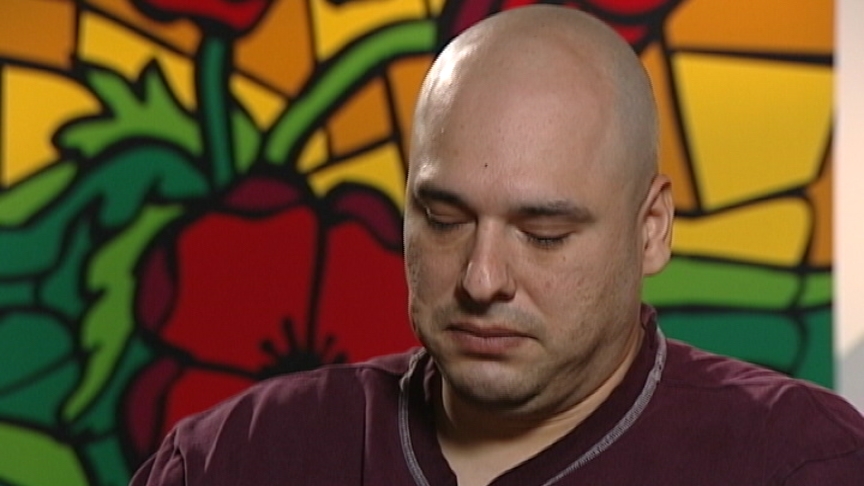Hard Not to Get Involved
Heroes Remember
Hard Not to Get Involved
Transcript
Description
Mr. Neepin explains the difficulty he felt in being ordered to observe conflicts or persecution of civilians, and document the aftermath, but not get involved unless directly fired upon.
Darcy Jeremy Neepin
Mr Neepin was born in Portage La Prairie, Manitoba, and moved to Winnipeg with his family while still young. An uncle who served with the 1st Battalion of the Princess Patricia's Canadian Light Infantry (PPCLI) told him many stories as he grew up. From these stories he gained knowledge of what military life as an infantryman was like and before he turned 12 years old he was sure he wanted to serve. At the age of 18 Mr. Neepin joined the Cameron Highlanders Reserves. Being of Cree descent, he was the only Aboriginal Canadian in his recruiting class of 30. In 1990 Mr. Neepin answered the call for volunteers to join the 1st Battalion PPCLI for a peacekeeping tour in Cyprus. Having his first overseas experience under his belt, he returned home in the summer of 1991. Mr Neepin continued to volunteer for overseas peacekeeping missions, serving with the PPCLI for the 1992/93 tour in Croatia and in 1997 & 2000 in Bosnia.
Meta Data
- Medium:
- Video
- Owner:
- Veterans Affairs Canada
- Duration:
- 02:48
- Person Interviewed:
- Darcy Jeremy Neepin
- War, Conflict or Mission:
- Canadian Armed Forces
- Location/Theatre:
- Croatia
- Branch:
- Army
- Units/Ship:
- 3rd Battalion Princess Patricia’s Canadian Light Infantry
- Rank:
- Private
Related Videos
- Date modified:





